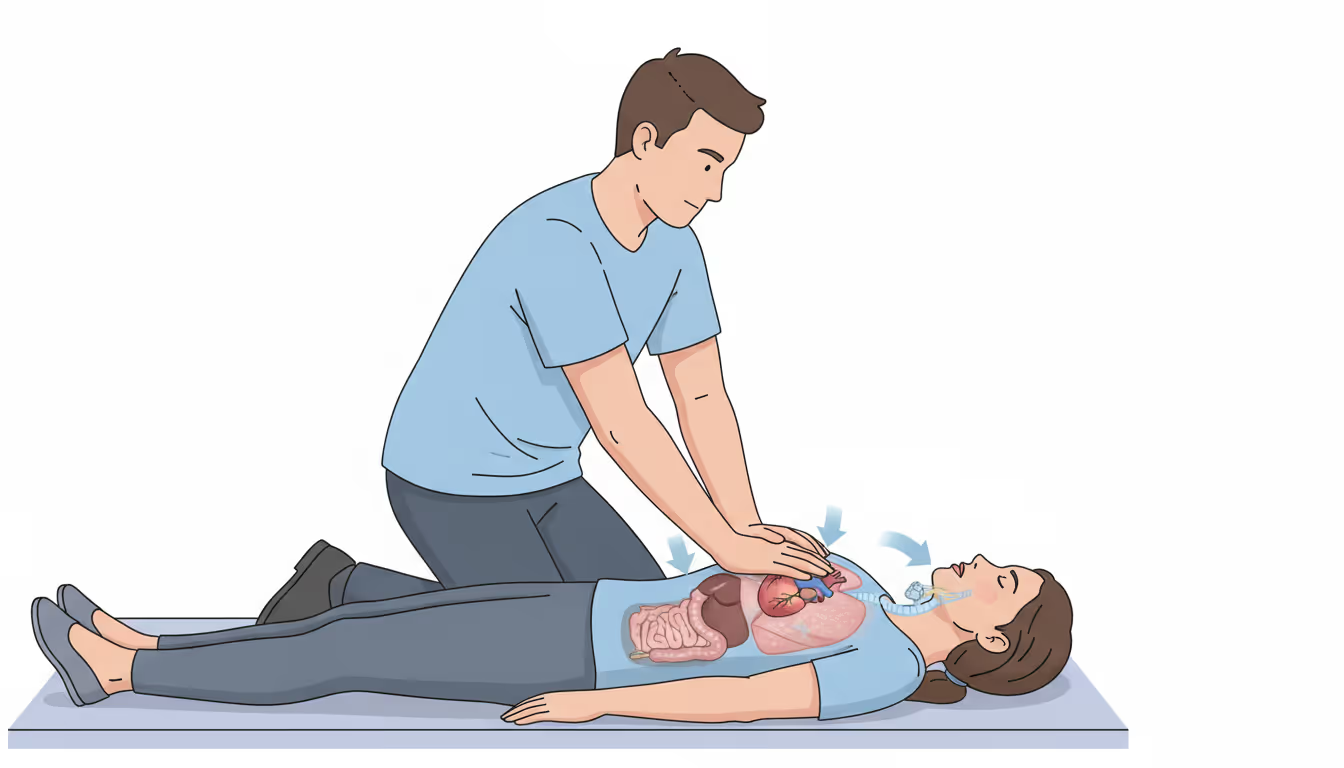
LSD, short for the German term Lysergsaure-Diathylamid, refers to lysergic acid diethylamide, a well-known hallucinogen. It is often seen as the quintessential hallucinogen, and its effects and characteristics are similar to other substances in this category, such as mescaline, psilocybin, and ibogaine. Discovered in 1938, LSD is derived from lysergic acid, which is present in a fungus that grows on rye and other grains. On the street, LSD is commonly referred to as "acid" and is available in tablets, capsules, and sometimes in liquid form. It is colorless, odorless, and has a slightly bitter taste, typically consumed orally. LSD is frequently applied to absorbent paper, like blotter paper, cut into small, decorated squares, with each square denoting a single dose.The effects of LSD are highly unpredictable. Users generally begin to experience its impact 30 to 90 minutes after ingestion. Physical reactions can include dilated pupils, elevated body temperature, increased heart rate and blood pressure, sweating, loss of appetite, insomnia, and tremors. Emotionally, a user might experience several feelings simultaneously or shift rapidly between different emotions. At higher doses, LSD can lead to delusions and vivid visual hallucinations.




